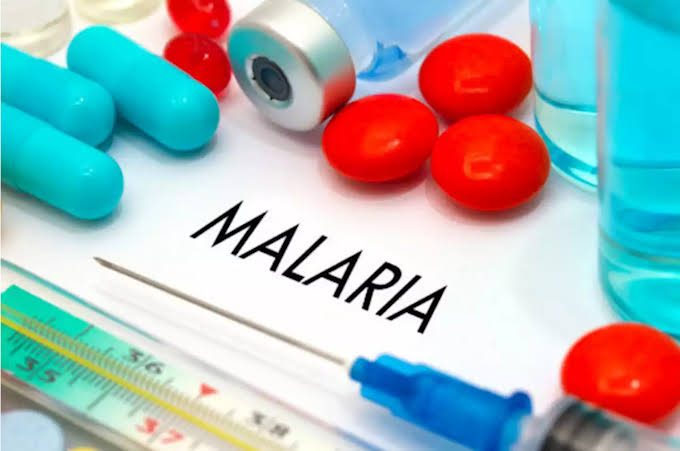National Malaria Elimination Programme (NMEP) is seeking innovative funding of 364 million U.S. dollars (N131.95 billion).
from three of its donor partners to procure live-saving commodities to reduce malaria burden in the country.
The donor partners are the Islamic Development Bank, World Bank and African Development Bank (AfDB).
The National Coordinator of NMEP, Dr Audu Mohammed, disclosed this in an interview with News Agency of Nigeria (NAN) in Abuja on Tuesday.
He said the office had gotten the approval from the board of Islamic Development Bank and was hopeful of getting approval from AfDB and World Bank.
“ We have gone advanced; the World Bank has promised to give us about N200 million dollars, the Islamic Development Bank will give us
100 million dollars and African Development Bank about 64 million dollars.
“With these resources, we will be able to buy live-saving commodities in the next five years in the remaining 13 states.
“ We have 36 states plus FCT – 37, Global Fund is taking care of 13 states, Presidential initiative of the U.S government is taking another 11 states.
“ From these resources from innovative funding, we can take the remaining 13 states so we will be able to procure the live-saving commodities.’’
According to him, Life-saving commodities are those medicines, medical devices and health supplies and rapid diagnostic test tools to address leading causes of malaria and the disease.
Mohammed told NAN that the programme could reduce malaria-related deaths when its activities covered the whole country and had adequate financing.
“Those days when we covered the whole country, we were able to reduce malaria deaths from 42 per cent in 2010 to 27 per cent in 2015.
“But in the last Demographic Health Survey, we dropped to 23 per cent.
“If we were consistent in our investment, we would not be number one in malaria in the world.
“Nigeria accounts for 25 per cent of Global Malaria burden,’’ he said.
The coordinator said that the office would also embark on research and development programmes to reduce the malaria burden.
He added that the programme would work with other stakeholders to address drug-resistant malaria through new interventions.
READ ALSO:Court Affirms KWASU Staff Dismissal over Cult Membership, Sexual Harassment
“The country has started using new mosquito nets; we just completed the distribution of the new treated nets in Ebonyi.
“We have increased our insecticide-resistant monitoring to map out those areas with cases of insecticide-resistant and the type of net to use in those areas.
“We are monitoring the drug situation in the country and NAFDAC is also putting up an effort to address the issue of sub-standard drugs coming through our
borders.”

